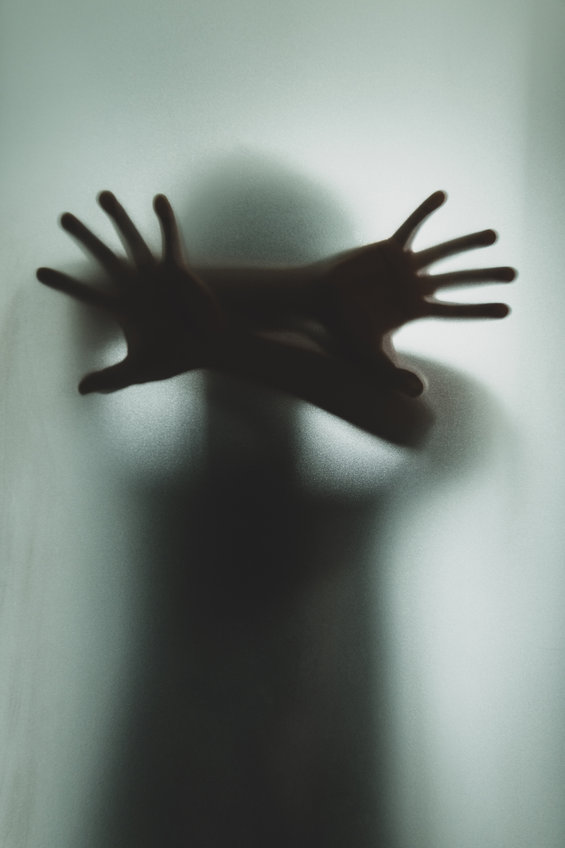
Image by relean003 from http://123rf.com
“Halloween” is a contraction of “All Hallows’ evening” or “All Hallows’ eve” as in the EVENING before All Hallow’s Day (November 1st) (exactly like how Christmas EVE is the evening before Christmas).
What’s great about Halloween and All Saints’ day is the clear mirror image reflection of each other. Now, All Hallows’ day (AKA All Saints’ Day) is a holiday to remember and honor the (Christian) saints. The imagery here is of a particular perspective of “holiness.” Meanwhile, Halloween is in modernity associated with 1) a particular perspective of “unholiness” and of wearing a “costume” or “mask.”
In Jungian psychology (analytic psychology) Halloween contains all of the unwanted, repressed, or otherwise other externally projected psychic material that one’s ego does not want to “own”; this is the “Shadow.”
In modern cultures in which technology and reductionist-scientific advancement has developed alongside a more individualistic “separate from the collective” identity, collective Shadow aspects that were perceived to dwell in witches, demons, devils in the past needed a different way to “exist” and typically is projected onto external images. Entertainment of all kinds abound with manifestations of the Shadow in villains – the enemy, the irritant, that which much be vanquished or conquered.
However, there still remains a single day in which we retain this act of dwelling more with Shadow, even explicitly transforming into them by wearing costumes, masks, and the Jungian concept of the “persona” to one that brings in those Shadow qualities. There are pros and cons to this:
Pro: In Jungian psychology it is a healthy part of psychological development to face and assimilate one’s Shadow on one’s journey of individuation. Thus having an explicit day in which this is “allowed” creates an outlet for this Shadow-adopting.
Con: However, by dedicating one and only one day to this psychological exercise is not enough. I think that it merely sates a person’s taste and desire to face and assimilate the Shadow… but ultimately is a type of stop-gap measure.
Costumes: Besides the costumes that demonstrate the identity of the classically nefarious (eg witches, ghosts) it is possibly more common to see children and adults don costumes of archetypical figures: the “hero” figure of a generic police officer / firefighter or of specific characters from fiction (Disney princesses, movie and TV characters) or of specific real people in order to highlight some specific quality of behavior that they have or even of objects that carry some sort of significance (eg dressing up as a smart phone). Halloween encourages a sort of “trying out someone else’s persona” which is an exercise in dipping into the collective unconscious, the sea of shared meanings, aspects of the world and ourselves, etc.
As noted earlier, it is perfect how this is how Halloween is carried out, the night before All Saints’ Day. All Saints’ Day ends up being either 1) a turning away from the Shadow or 2) a REVEALING of the Shadow. For those that believe themselves routinely nefarious, evil, not-okay, a day in which saint-ness is what their Shadow contains since “Saintness” may be the aspects of oneself that are unwanted, repressed, or otherwise other externally projected.
There are aspects to ourselves, individual and collective, that are routinely hidden from our every day sense of self and living. But these “hidden,” deeper aspects are the part of us that need to be faced, acknowledged, accepted, expressed, digested, assimilated, etc in order for true wholeness and wellness to be perceivable and attainable. Failing to address the depths of our inner lives only leads to imbalance and being ill-equipped to grow and develop as people. Our lashing out, constant anxiety, emotional reactions, distractibility, loss of attention are all clues that point us towards addressing our depths.
